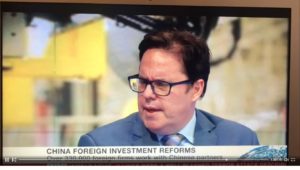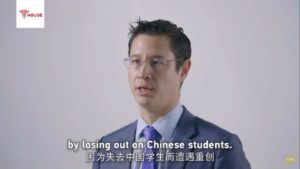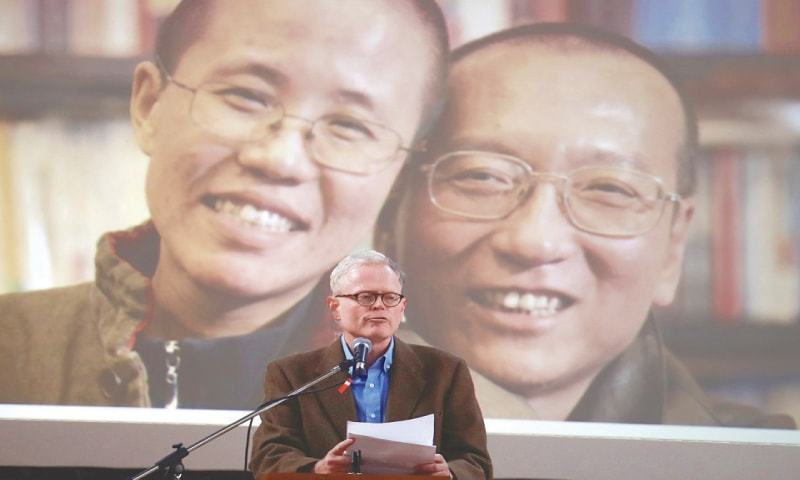
The German government has become much more assertive about the country’s wheeling and dealing with China. Veteran China lawyer Mark Schaub visited over the past few weeks Berlin and Munich and felt the pulse of the German business communities toward China, he reports in his China Chit-chat. “Politicians in Germany have limited ability to influence or pressure German business. Consumers can be upset … but will become upset about something else 5 minutes later,” he writes.
Mark Schaub:
Geo-political Situation is Much Worse – a common theme was that media coverage was much more negative about China than in the past. Most also felt that the reporting was not particularly well informed nor nuanced. Hot topics include Xinjiang and Hong Kong. Many felt that China was judged much more harshly and subject to greater scrutiny than the United States. One friend who runs a China group told us that he was holding closed sessions on these sensitive topics because his organization places great importance on transparency and openness. This was somewhat dampened by his closing the door as he discussed this, but his heart is in the right place.
But Geo-Politics Likely to have Limited Real Effect – most felt that consumers and government may be more negatively inclined towards China but that this was unlikely to translate to much in the way of real action. Politicians in Germany have limited ability to influence or pressure German business. Consumers can be upset … but will become upset about something else 5 minutes later.
De-Risk not De-Couple – one German consultant reacted negatively to the term de-coupling finding it both exceedingly negative but also unrealistic. He has German medium sized businesses looking to de-risk the Chinese business but not quit China. It is more likely that the next factory will be in a site outside of China. However, probably not Vietnam as that is seen to be too integrated in China anyway. There was widely held agreement that really excluding China from the global supply chain was wishful thinking or unthinking populism.
COVID is a real Management Problem – most of the Mittelstand companies really felt that they are lacking insight into their local operations. In the past there was at least a bit of pantomime that the local management was following HQ rules and directions. Few feel the compulsion to even engage in such a charade now. One GM commented that what made her feel most comforted was that the local management in her entity were likely too stupid to be stealing. Normally this would be a red flag but I have met the management in question and I think she may be on to something there. In any event, COVID was really the biggest practical problem.
There is Still Interest in China – one consultant had conducted a detailed survey of 30 Mittelstand companies and found there was still strong interest. The major issue holding them back was concerns re IP rights. Although IP rights are a legitimate concern the level of understanding seemed very immature. Have you protected your IP legally? Do you have a strategy in place to protect the IP rights? If your IP rights are really so great and of great interest to the Chinese market you can bet someone will have bought it and reverse engineered the buggery out of it. Hiding will not work. Personally, I think the much greater challenges are: how do you launch a business in China if you cannot visit China? How do you compete with Chinese competition? Deal with an uneven playing field? These are all complexities that few mentioned.
The Chinese are Coming – it was striking how many Chinese companies were based around Munich – car companies, battery companies – it is curious why they all plumped for the most expensive part of Germany (for people, offices and factories). One German tech investor mused that he thinks to combat China’s new lead in new energy vehicles Europe of the 2030s will likely adopt the Chinese playbook from the 1990s for the auto industry – require Chinese companies to enter into JVs and forced tech transfers against market access.
Mark Schaub is a speaker at the China Speakers Bureau. Do you need him at your (online) meeting or conference? Do get in touch or fill in our speakers’ request form.
Are you looking for more strategic experts at the China Speakers Bureau? Do check out this list.









